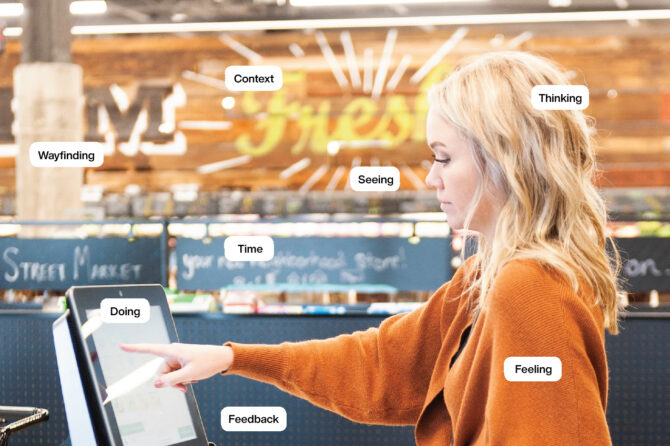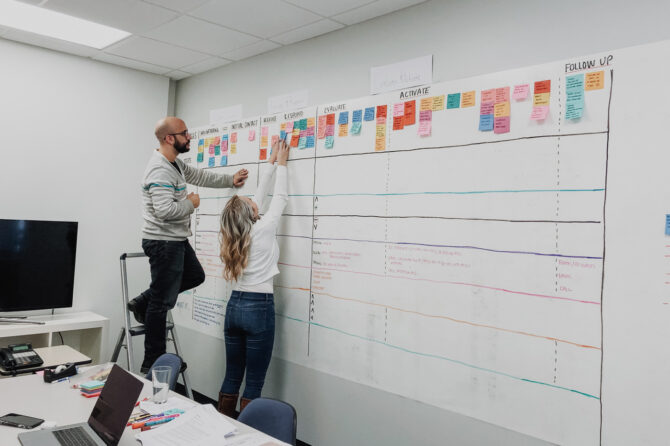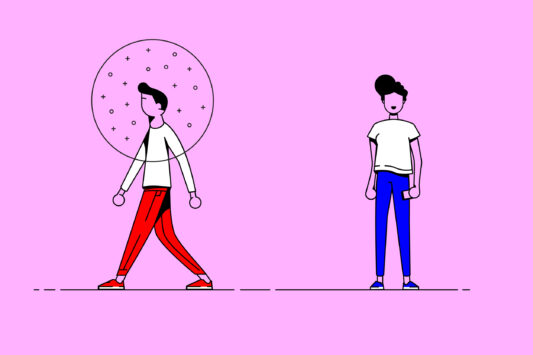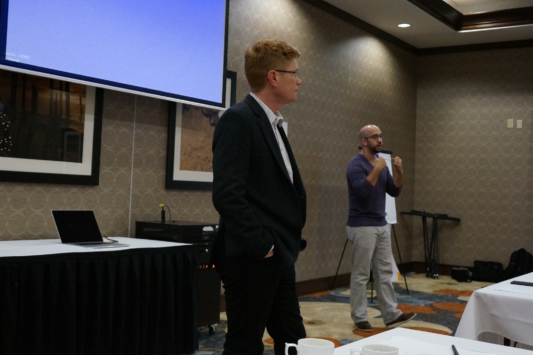Customer Experience
Customer Experience
Experiences shape behavior.

Improve outcomes.
Shaping behavior is a powerful tool that can benefit both users and companies. If we think proactively and strategically about a user or customer experience, we increase the odds of improving it. Of course, we can’t directly change someone’s actions any more than we can actually design a person’s experience – we create opportunities to affect an experience.
Interactions are opportunities.
Keep promises.
Each time a customer encounters your brand is an opportunity to remind, inform, deliver, and delight. Large organizations with literally thousands of touchpoints require flexible programs with clear guidelines. Smaller companies may not have as many requirements, but the same logic applies – even the smallest business has invoices and a website, and these touchpoints merit consideration. Each interaction is an expression of a brand promise.

Designing experiences.

Plan experiences.
A timeline of customer interactions can offer helpful insights. Mapping the current state and identifying unmet needs is a step toward defining an ideal customer experience. How do customers currently experience a product or brand? What would you like the experience to be? What happens before, during, and after? A robust CX model can help answer critical questions and realize better outcomes.
Global Design Leadership
For five years, Kevin served as on the Global Board of Directors for IxDA (Interaction Design Association).

Above: Kevin Budelmann onstage at IxDA Interaction20 in Milan, Italy.






